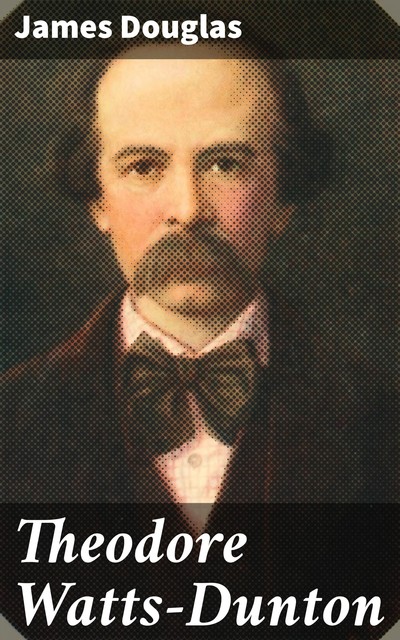In “Theodore Watts-Dunton,” James Douglas delivers a comprehensive examination of the life and contributions of the talented yet often overlooked Victorian poet and critic, Theodore Watts-Dunton. Douglas employs a blend of biographical narrative and literary analysis, characterizing Watts-Dunton'Äôs poetry while embedding it within the cultural and philosophical frameworks of the era. The work is rich in historical detail, illuminating Watts-Dunton's friendships with luminaries such as Swinburne and Rossetti, as well as his role in the Pre-Raphaelite movement. Douglas'Äôs meticulous research showcases the poet's intricate wordplay and thematic depth, making a strong case for Watts-Dunton'Äôs significance in the canon of English literature. James Douglas, an accomplished literary historian, draws upon his profound understanding of 19th-century literature, as well as his own experiences in the world of academia, to cultivate a nuanced portrait of Watts-Dunton. His dedication to reviving awareness of lesser-celebrated figures enriches the narrative, shedding light on the socio-cultural influences that shaped both the poet and his work. Douglas'Äôs passion for literary rediscovery serves as both an impetus and a framework for this vital literary critique. Recommended for scholars of Victorian literature and aficionados of poetic history, Douglas's “Theodore Watts-Dunton” offers a fresh perspective that encourages readers to reassess the poet's place within the literary tradition. This illuminating biography not only enhances our understanding of Watts-Dunton but also invites us to reflect on the broader implications of artistic legacy amidst competing narratives.

